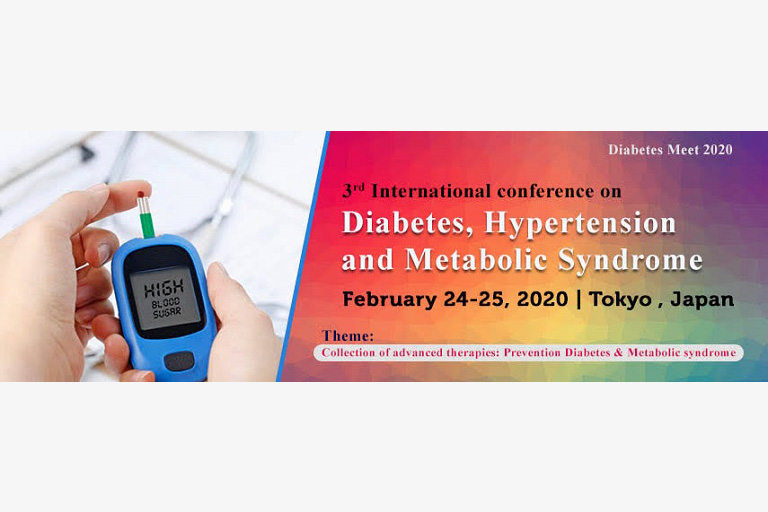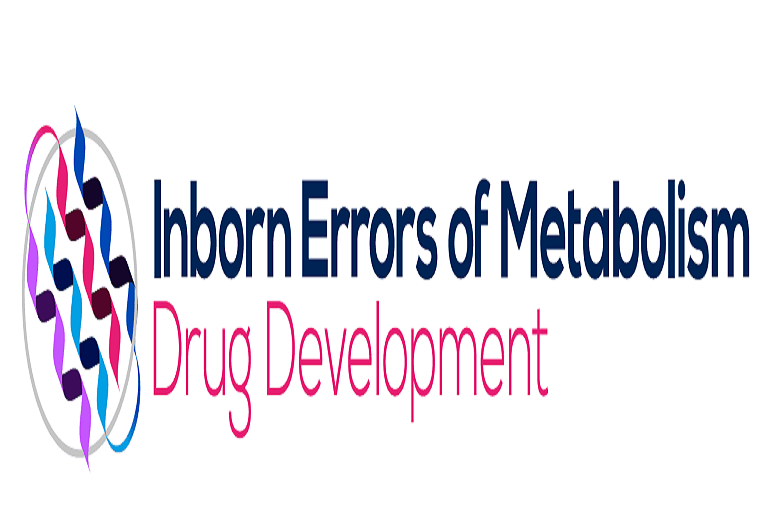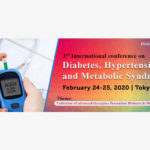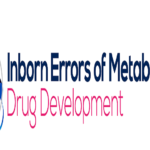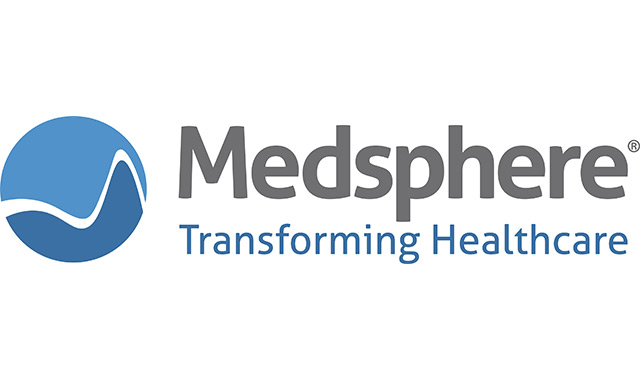Irv Lichtenwald is president and CEO of Medsphere Systems Corporation, the solution provider for the OpenVista electronic health record.
Microsoft Office was first introduced by Bill Gates at COMDEX, Las Vegas, in August, 1988.
Here we are almost exactly 27 years later, and if you plug the words ‘hate,’ ‘Microsoft’ and ‘Office’ into Google, you’ll get more than 4 million results. Remove ‘Office’ and Google returns more than 33 million results.
Clearly, some people don’t feel like Microsoft has perfected products to their satisfaction.
The perpetual unhappiness with a monolith like Office comes to mind as I read reports on the most recent surveys of physician satisfaction with electronic health records (EHRs). Let’s sum up, for those unfamiliar with the reports
First, reporting on survey data from last year, the American Medical Association (AMA) and American EHR, a division of the American College of Physicians (ACP), recently published “Physician Use of EHR Systems 2014.” Among other findings, the reports includes these nuggets:
- 42 percent thought their EHR’s ability to improve efficiency was difficult or very difficult.
- 72 percent thought their EHR’s ability to decrease workload was difficult or very difficult.
- 54 percent found their EHR increased their total operating costs.
- 43 percent said they had yet to overcome the productivity challenges related to their EHR.
Contrast those figures and levels of satisfaction with a survey of large physician practices released last week by market research firm Black Book that shows significant increases in physician EHR satisfaction. In particular, physician experience satisfaction has risen from 8 percent to 67 percent in the last three years. Physician documentation satisfaction went from 10 percent to 63 percent over the same time period, while practice productivity enhancement satisfaction has gone from 7 percent to 68 percent.
Worth nothing is that, with the AMA/ACP surveys, “Each society was allowed to select the population of their members to receive the survey. Information about EHR use by individual society members was not available. Therefore, the survey went to both users and non-users of EHRs.”
Also important: A similar ACP survey from five years ago showed significantly higher levels of satisfaction among the physicians surveyed.
The cognitive dissonance over EHRs continues, giving rise to theories on the Interwebs about the actual source of this disconnect.
At Healthcare IT News, contributing writer Jack McCarthy wonders if the constraints of Meaningful Use are antagonizing doctors, or if increased expectations and more sophisticated technology that fails to improve the daily challenge of patient care (in effect, a mashup of the two ideas) is creating dissatisfaction.
“Now, however, we have a lot more users who were forced to adopt EHRs meaning their tolerance for poor performance or usability will be lower,” notes health IT expert Shahid Shah in the article’s very interesting comments section. “I think it’s pretty easy to see why clinicians are less satisfied — if it was their choice they would be more tolerant. Since it’s not their choice in many cases, they’re less tolerant.”
Adds O’Reilly Media editor Andy Oram: “They [doctors] could be more familiar with the advantages computers offer in other areas of life … In short, having seen what a good interface can do, doctors become more demanding of the sub-par interfaces on EHRs.”
Expanding on the ‘why’ question, Michelle Ronan Noteboom (formerly ‘Inga’ of HIStalk fame) offers similar theories—MU forces doctors to use EHRs a certain way, compared to Facebook and Amazon most EHRs are clunkers, EHRs don’t deliver the ROI they promised—for the ACP survey results and asks if we should care whether or not physicians are happy.
“I’m of the opinion that physician satisfaction matters, but not nearly as much as improving the quality of patient care,” she writes at Healthcare IT News. “Patient care will be enhanced when all providers have access to thorough and accurate documentation. Ideally the patient records from one provider will integrate with records from other providers to create a single longitudinal record that is easy to decipher and provides a full picture of the patient’s health history.”
That sounds like a worthwhile goal. And Noteboom also has an explanation for the ACP survey results, pointing out “a direct correlation between physician satisfaction and the number of years a physician used his/her EHR. For example, among physicians on their system for three years or less, only 25 percent reported any level of satisfaction; satisfaction jumped to 50 percent among physicians that had used their EHR for five or more years.”
Sure, the differences between the two cited surveys could be attributed to methodology. But we know too much about how EHRs are influencing clinical culture to leave it at that. Physicians are human and subject to the same impulses—resentment when forced to do something; envy and confusion when seeing technology function well in other contexts; fear and consternation when learning something new—we probably faced when Microsoft started to become a rather sizeable part of our lives.
And, let’s recall, we’re really not that far into the ongoing transformation of American health care. Only now are we on the leading edge of value-based care as a replacement for fee for service. As EHRs evolve to improve quality, increase revenue, ensure patient safety, etc., instead of just meeting the contrived requirements of Meaningful Use, they will become the essential tools we envisioned at the beginning of this long and complex dance.
So it’s encouraging when both surveys show that physicians who’ve had their system for a while are happier with it. Indeed, while we continue to ask the specific question, “Are you happy with your EHR?”, maybe we don’t consider often enough the general frustration of digitizing processes that were once manual.
Also, it appears that plenty of hospital and health system administrators didn’t get the memo about creating buy-in before selecting and implementing an EHR. As David Whiles, former CIO at Midland Memorial Hospital said of their EHR journey, “Implementing an EHR is definitely an organizational project, not an IT project.”
And even though we are dealing with computers, this isn’t a binary choice of EHRs OR physician satisfaction. No one thinks computers are going anywhere, even if the Meaningful Use program ends. And physician satisfaction, to a reasonable extent, must be a high-level consideration for all clinical organizations. Over time, EHRs will improve and doctors will become more satisfied with them, perhaps will even depend on them, as essential clinical tools.
In the meantime, plug ‘hate’ and ‘EHRs’ into Google from time to time and see what you get. When we get over 30 million results, we’ll know we finally achieved Microsoft-ian levels of influence.














